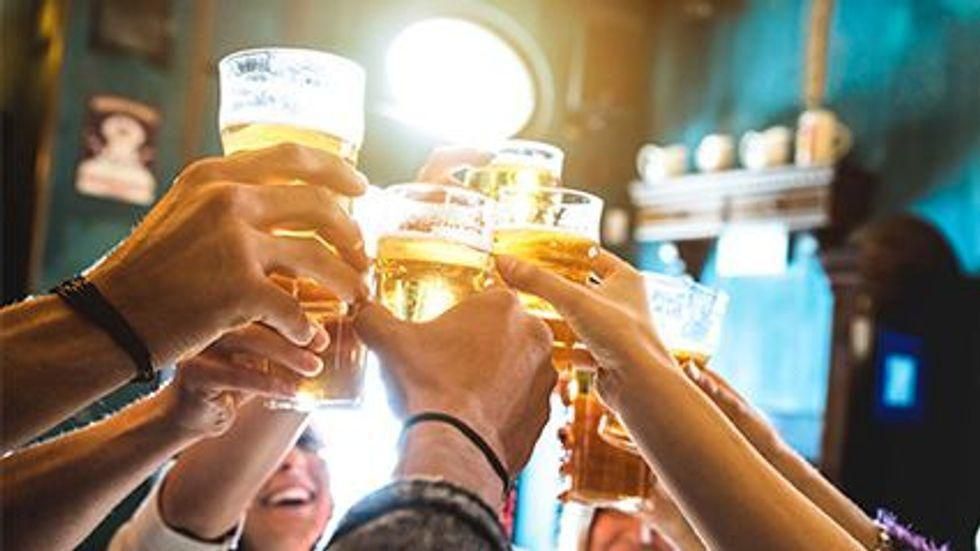WEDNESDAY, Aug. 18, 2021 (HealthDay News) — Here’s an unexpected silver lining to the pandemic: New research shows there was a decline in overall drinking and binge drinking among U.S. college freshmen during the early months of the new coronavirus’ spread across America.
“We found that social factors, like social distancing and reductions in social support from friends, were associated with decreases in alcohol use among first-year students. By contrast, stress-related factors were less important,” said study author Jane Cooley Fruehwirth. She is an associate professor in the department of economics at the University of North Carolina (UNC) at Chapel Hill.
The researchers analyzed survey data from 439 first-year college students in North Carolina and found that overall drinking rates fell from 54% before the pandemic to 46% mid-pandemic, and rates of binge drinking dropped from just over 35% before the pandemic to under 25% mid-pandemic.
Study co-author Ben Gorman, a senior communications and neuroscience major at UNC, explained that the researchers “followed the same group of first-year college students before and after the pandemic began, which allowed us to analyze COVID-related determinants of drinking behaviors while accounting for pre-existing alcohol use and social factors.”
While the social factors had the strongest effect on drinking, stress did play a role for some students, according to the study published online Aug. 2 in the Journal of Adolescent Health.
Struggles with distance learning were associated with increased drinking for students who were already drinking before the pandemic, and one in five students reported using alcohol or other drugs to cope with the pandemic.
“The dominance of social factors suggests that reductions in alcohol use may not be sustained once college students return to campus,” Fruehwirth said in a university news release. “For students who were already drinking prior to the pandemic, universities can support them by providing ways to help them manage stress, through counseling, student support groups and particularly targeting challenges with distance learning through academic coaching.”
More information
The U.S. National Institute on Alcohol Abuse and Alcoholism has more on college drinking.
SOURCES: University of North Carolina at Chapel Hill, news release, Aug. 16, 2021
Copyright © 2026 HealthDay. All rights reserved.

